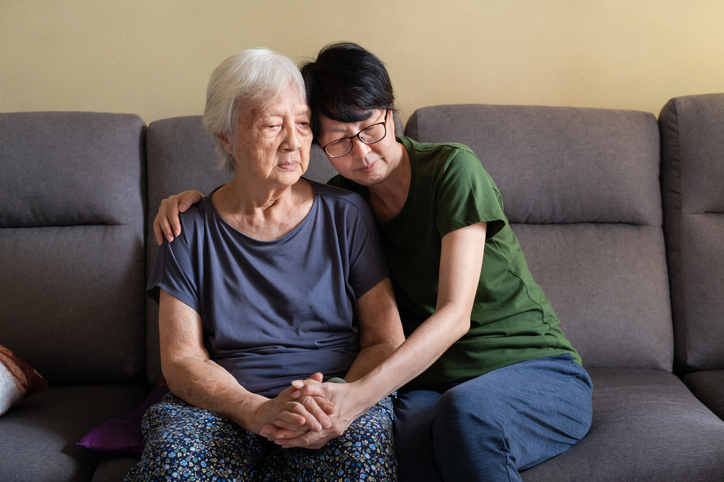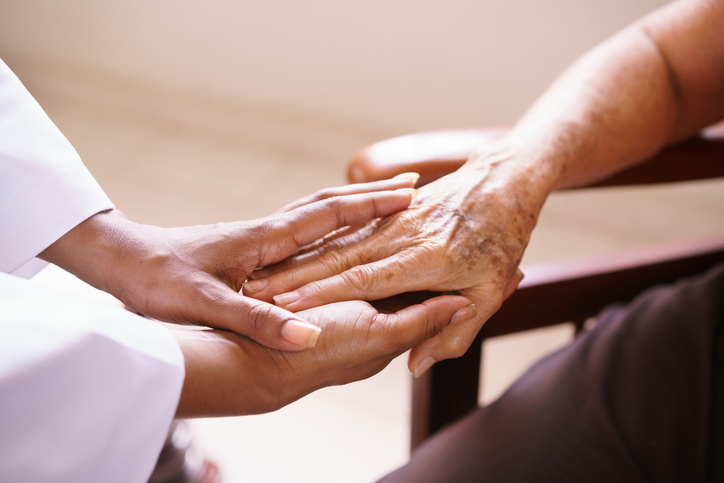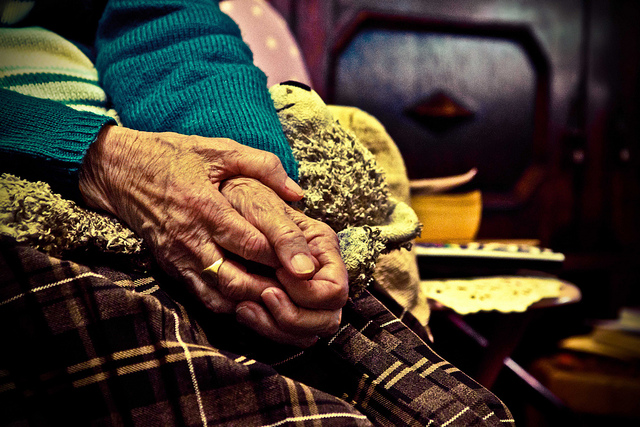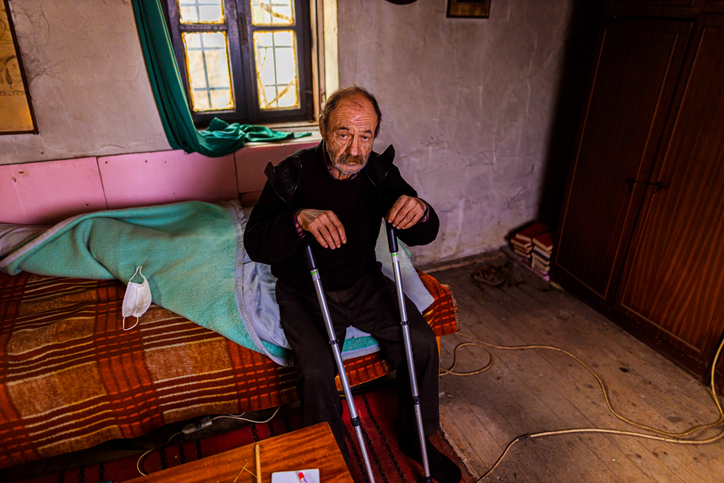
Create a Winning Playbook for Employee Caregivers
Tomorrow’s goal scoring companies will go on offense today by giving an assist to their caregiving team members.

Tomorrow’s goal scoring companies will go on offense today by giving an assist to their caregiving team members.

On the surface, it sounds positively delightful - who wouldn't want to help dear grandma avoid the nursing home? But as is often the case with these sweeping government proposals, the devil is in the details.

At a time when AI is reshaping pharma, Reverba Global CEO Cheryl Lubbert explained in an interview why empathy, context, and ethics still require a human touch.

The U.S. workforce does not need to be in a position where they must choose between their careers and caring for their families. If sufficient balance between work and caregiving is not achieved, caregivers face the risk of becoming patients themselves.

What will happen in the fall remains to be seen, but the pledge is facilitating an open dialogue within the senior care industry about the problems it’s facing, along with some fresh thinking on potential solutions.

By establishing a standard method of gathering data and utilizing programs like STEADI, we can significantly advance our frailty and fall prevention efforts and improve delivery models for other conditions that impact the most vulnerable members of our population.

As many as 25 percent of all ER visits by older adults come from people with dementia. A better alternative is urgent medical response at home – working with seniors in their own familiar place without the pressures, distractions, or costs of a bustling ER. Or the endless wait times.

The new CMS guidelines represent a transformative moment for Medicare Advantage — here are three ways to be good stewards of taxpayer dollars and create a healthier future for seniors

The biggest generation America has ever seen is officially aging and consuming more MSK care as they do so.

In today’s tech-savvy world, weaving Health Tech Planning into the fabric of care for older adults is essential.

Collaboration across key stakeholders, including home health agencies, providers, patients, health plans, and post-acute care solution providers will be critical to fully enabling the home as a preferred place of care.

A new report by Paubox calls for healthcare IT leaders to dispose of outdated assumptions about email security and address the challenges of evolving cybersecurity threats.

Chronic pain, an enduring concern for many older adults, is no longer confined to the traditional realm of pharmaceuticals. While traditional pain management methods like medication were once the go-to approach, alternative therapies are emerging as a viable and holistic approach to addressing this issue.

CPSI sold American HealthTech — its subsidiary that provides an EHR platform for the post-acute care market — to post-acute health IT vendor PointClickCare. American HealthTech's customers have already begun transitioning to PointClickCare's platform.

While the urgency to fill positions might tempt senior care centers to prioritize quantity over quality, this approach risks exacerbating the existing challenges. It is crucial to acknowledge that the senior care industry demands a level of expertise and empathy that goes beyond mere technical competence.

Effective communication in senior care is necessary for important interactions that happen within this complex healthcare environment. It's not just about exchanging words; it's about creating a nurturing, compassionate, and supportive environment for residents and the loved ones who visit them.

As we advocate for healthier aging, proficiency in technology emerges as not just an optional skill, but as a fundamental pillar of holistic healthcare for older adults.